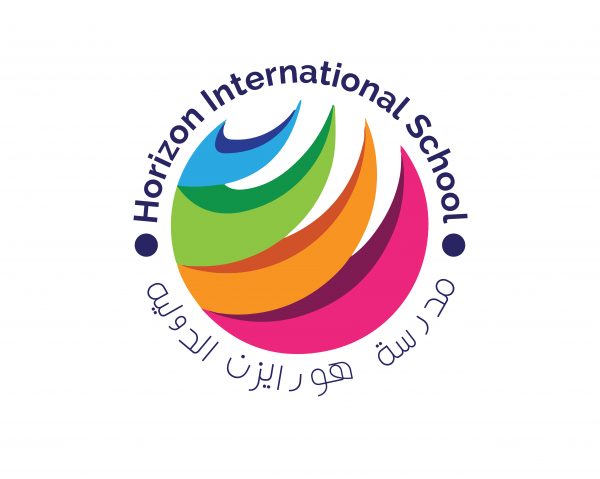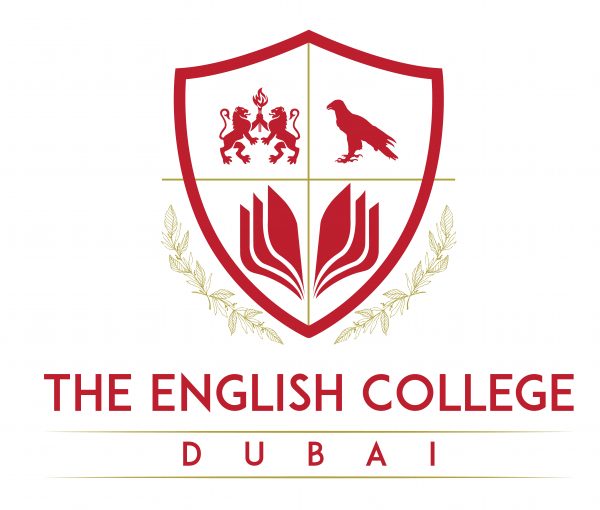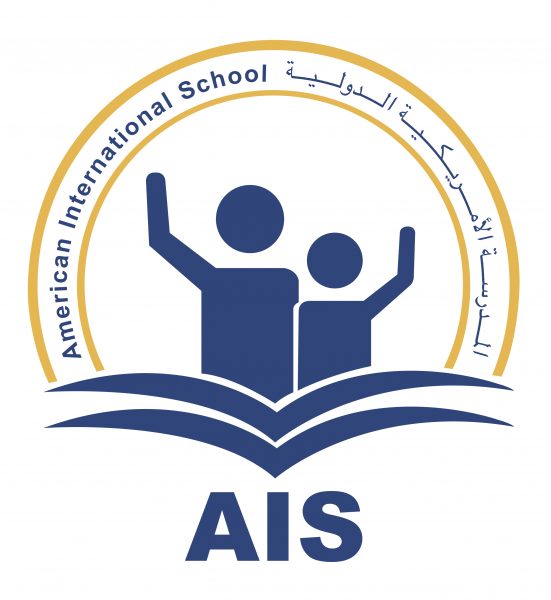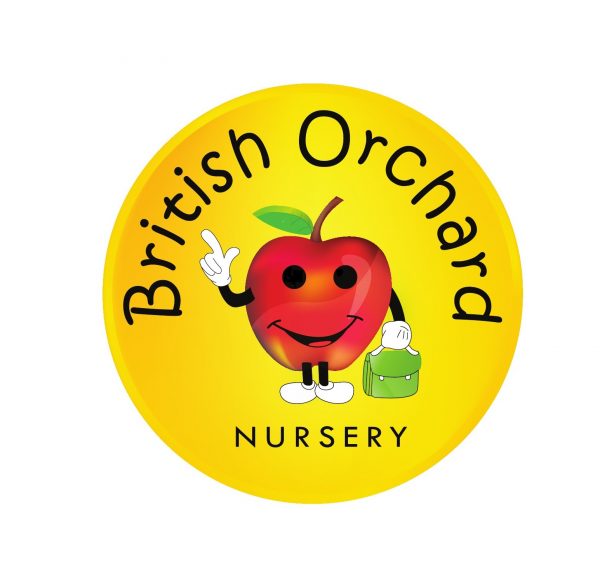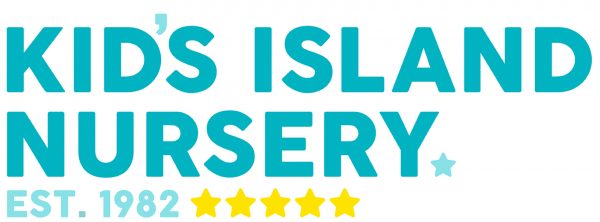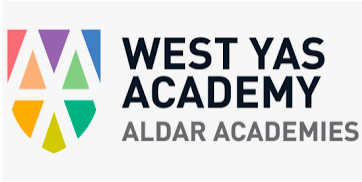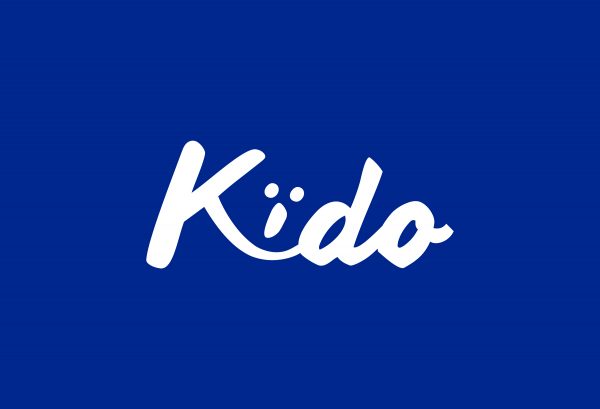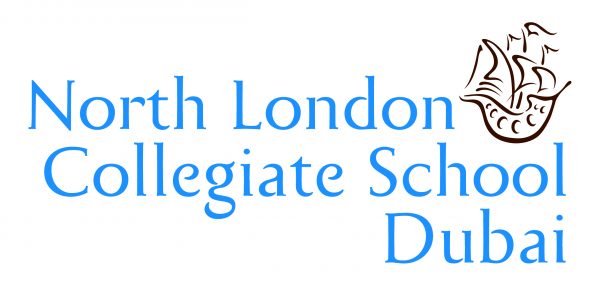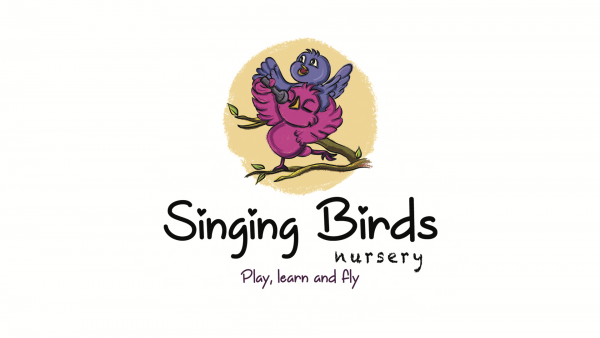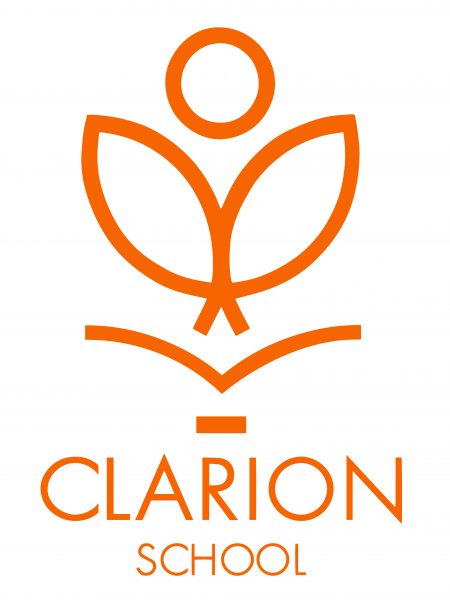Save Time
Be Informed
Avoid Mistakes
Choose from over 500 schools in the UAE
The IB Curriculum: A Quick Overview
- The IB is an international qualification and a nonprofit organization with headquarters in Geneva, Switzerland.
- “IB” refers to the actual organization, any of its four programs, or the certificates/diplomas awarded after each program.
- It aims to provide a comprehensive education that would enable students to later create a better world through respect, understanding, and cross-cultural communication.
- Offered by over 5000 schools in over 150 countries around the world, IB is provided by both public/state schools and private/independent schools.

The IB Educational Programs
The first developed IB program was the Diploma Programme (DP) for students of ages 16 to 19. The goal of this program was to provide a globally accepted university admissions qualification that suits mobile young people whose parents were part of diplomacy, multinational, and international organizations. This is achieved by offering standardized courses and assessments for the students.
The next developed IB program is the Middle Years Programme (MYP) for students of ages 11 to 16. First offered in 1994, the MYP was offered in 51 countries within five years. In September 2014, IB introduced a revised MYP program called the IB Middle Years Programme New Chapter.
In 1996, the IB Primary Years Programme (PYP) for students of ages 3 to 12 was introduced in 30 primary schools on various continents. In 1997, the first PYP school was authorized.
The first IB Career-Related Programme (CP) (formerly called IB Career-Related Certificate) for students of ages 16 to 19 was offered in 2012.
There are also regional IB programs established over the years such as the International Baccalaureate North America (IBNA), the International Baccalaureate Africa, Europe and Middle-East (IBAEM), and the International Baccalaureate Asia Pacific (IBAP).
Main Benefits of the IB Curriculum
IB schools are part of a global community, creating numerous benefits for the students and opportunities for collaboration and shared learning with others. Discover the reasons why you should enroll your child in an IB school.
1. Preparation for the Real World – IB programs offer a wide yet balanced curriculum that develops the critical and analytical skills of students. The learning strategy is connected to real-world situations that will make learning interesting and also help children understand the relevance of what they are being taught.
2. Holistic Development – By emphasizing education that is beyond the walls of the classroom, IB programs prioritize the full development of the students. Students are taught connected to each other and not in isolation. They learn to think conceptually and apply their knowledge in different situations. Encouraging students to be the best versions of themselves, IB programs allow them to experience life each step of the way and achieve their goals.
3. Well-Rounded Learning – Exposing students to various points of view, IB programs emphasize critical thinking to develop confident individuals who can positively respond to challenges and apply their knowledge in complex real-life settings. Providing a unique education, IB programs help students develop not just academic knowledge but also social and emotional characteristics. This results in well-rounded students who have better understanding of languages, cultures, and global issues and ideas. Students who graduate from IB accredited schools also develop a love for lifelong learning.
4. International Orientation – Working within global contexts, IB programs stimulate understanding of languages, cultures, and global issues and ideas to prepare students in playing positive roles in a global society. The international nature of the IB also allows easier school transition for students whose families move frequently.
5. Academic Success – Helping students develop a great set of skills, perspectives, and attitudes, IB programs prepare students to succeed at university and life after. By teaching them to learn more independently and efficiently, students become more confident and have increased chances to enter the top ranking universities across the globe.
6. Open-Mindedness – Students under IB programs are trained to explore new ideas and strategies and to express and defend their personal beliefs. They are taught not to fear uncertainties and to appreciate the cultures, traditions, and values of other people. IB students seek and evaluate different perceptions and grow with each knowledge and experience they gain. They are encouraged to be more imaginative and creative when dealing with daily dilemmas.
Some Tips When Choosing an IB School
To know which IB school is best for your child, you may want to find out rankings in examinations and extracurricular activities, the successes of school alumni, and the look of the school and their facilities. You may also want to learn more about what is offered outside the classroom, such as types of sports or other educational activities.
Discover the Best IB School in Dubai
With a global approach, a focus on well-roundedness and holistic growth, and other advantages, the IB curriculum is known as one of the finest and most dynamic curriculums in the world. Evolving through the years, it has become the choice of many families for their children. By studying in one of the IB schools in Dubai, your child will develop confidence no matter where the real world takes him.
We are aware that when it comes to the educational path of our children, it takes time and effort to research schools, curriculums, and examinations. After all, finding quality education is an important decision. To make the process easier for you, we’ve made a list of the top IB schools in Dubai. For each school, we’ve provided important information such as ages accepted and annual fees. You can also check out each school’s Virtual Tour for more information and to get a glimpse of the school.


